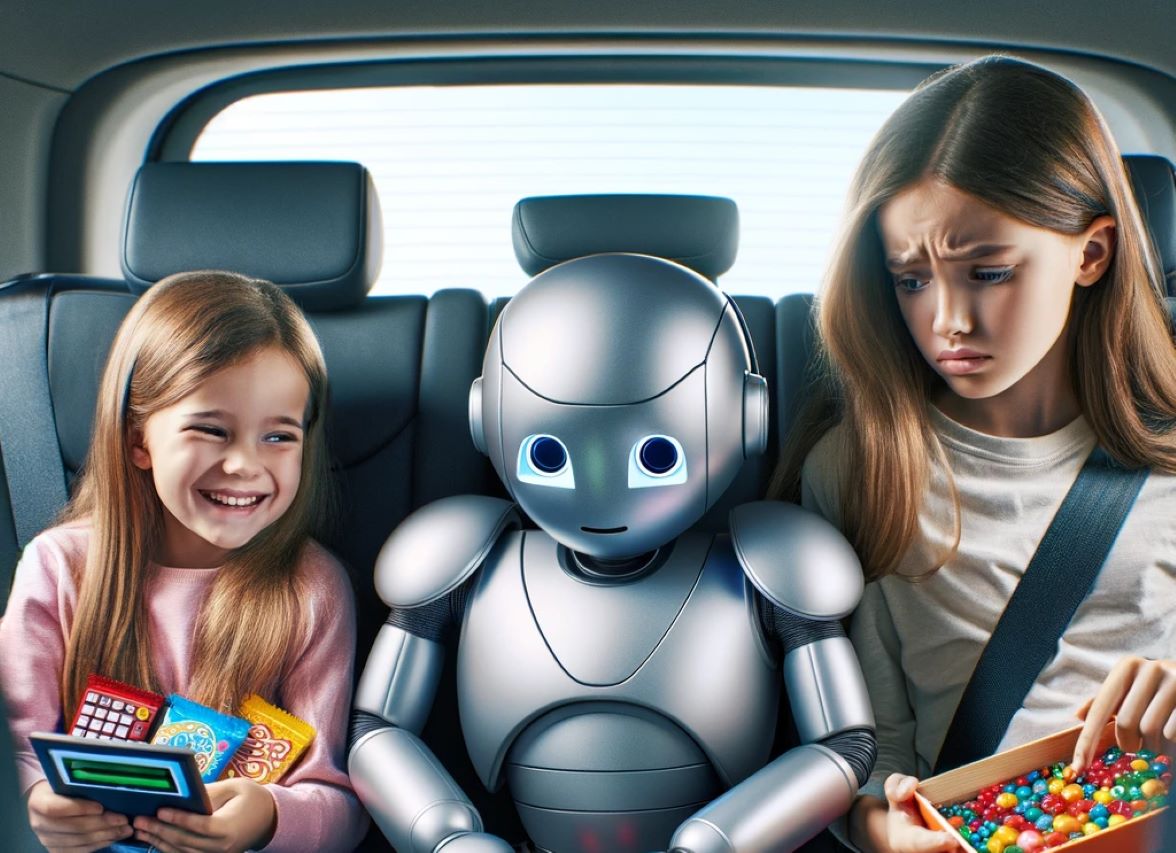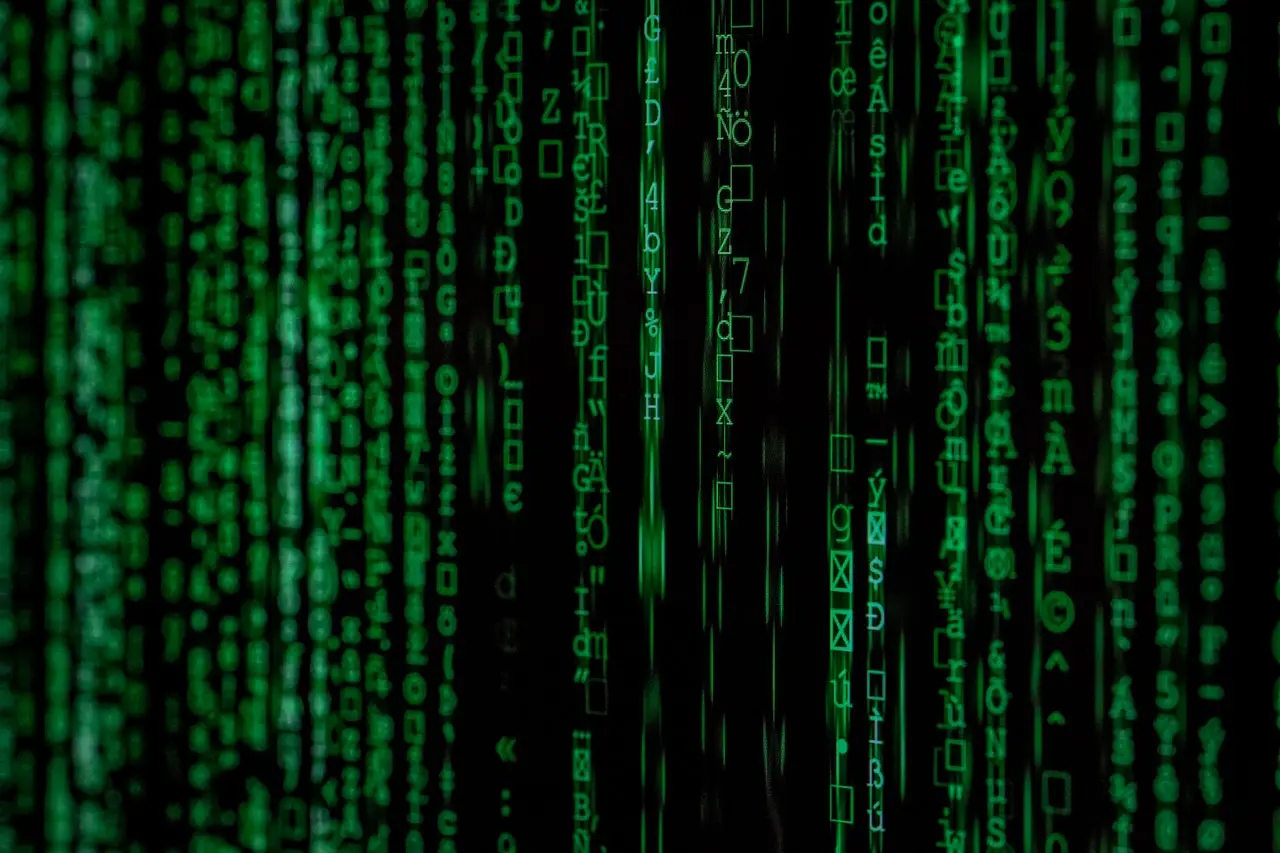If brand trust weren’t low enough, recent news events are likely to make things worse — much worse.
First, America’s air safety has been put into serious doubt due to delayed action regarding the Boeing 737 MAX and it’s potentially fatal programming. Then, we have reports that the rich and powerful have been bribing the pathway into America’s elite schools for their presumably unqualified kids.
While these news events seem unrelated, I believe they are pivotal events that will drive brand trust to near death levels in the U.S. Granted, brand trust has been on the decline for years, but we may soon find rock bottom, and it will not be pretty. For marketers, this is a huge challenge — because if there is one thing that drives purchases and loyalty, it is brand trust.
How regulators and the airline industry dealt with 737 MAX safety issues is unfolding into a major fiasco. Most countries quickly recognized a pattern after a second 737 MAX plane crashed this month, and they quickly banned the plane from flying in their airspace. The FAA (the U.S.’s air safety regulator) provided Boeing the benefit of the doubt and continued to permit 737 MAX use for several days. Now, the FAA will be fighting the perception (or reality) that it was more interested in protecting Boeing and airlines than it was in protecting the public. On top of that, while the FAA dithered, some airlines made it difficult to cancel or change flights for passengers who, rightfully, no longer wished to fly on the 737 MAX.
If you think the brand trust deficit has been fueled by companies playing lose with customer data, playing loose with customer lives (or the perception of doing so) will be rocket fuel for said deficit.
While consumers ponder how much their lives are worth to regulators and the airline industry, for the vast majority, we found that elite university brands don’t believe we are worth enough to get into their colleges. News that the notoriously difficult and stressful college admissions process can be bypassed by those with the means to provide hefty bribes is retrospectively unsurprising and yet still shocking. Despite the pretentious branding, most everyone trusted that admission to an elite school meant that you were smart and worked hard. That brand trust has been diminished, and more stories of corruption in higher education are likely forthcoming.
What All of This Means for Other Brands
The sad reality is even if your company has not faced negative news, it is impacted — because the default level of brand trust is perhaps the lowest it’s ever been. The “2018 Edelman Trust Barometer” report (opens as a PDF) shows that the decline in U.S. of brand trust has been dramatic from 2017 to 2018 and can only be described as a “crash.” For 2018, among informed consumers, the U.S. ranks dead last in brand trust among 28 major economies (it was sixth place in 2017). Add recent news events and you can image where brand trust might be today. What makes these news events pivotal isn’t their transparent disregard for public trust, but that they involve historically trusted institutions. The FAA has been the reason we are willing to fly new airlines with no safety histories. As for colleges, we trust them with our still-developing young adults and pay ridiculously large sums to educate them. If we can no longer trust these institutions, then trust is in crisis.
The Brand Trust Solution
To address the growing trust deficit, it is unlikely more advertising or better content will be sufficient. Companies must learn to be authentic. Authenticity, however, can be very difficult to achieve and only comes together when the whole organization rallies around the brand purpose and the value propositions made to its customers.
Authenticity means saying what you will do, doing what you say and showing that you mean it. And American consumers desperately need it.




